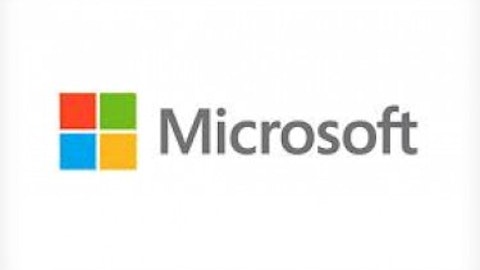Google Inc (NASDAQ:GOOG) has taken a big bet on Google Glass, and Scoble has been very supportive. One of the primary problems that analysts believe Glass could encounter is a lack of customer interaction with the device. However, 6,000 square feet of testing space would sure quiet this concern, and because of Chromebook’s partnership with Best Buy, it does seem reasonable that Google Inc (NASDAQ:GOOG) is exploring this possibility.
A fundamental impact
While we do not know the amount of revenue that Best Buy receives for the noted deals, we do know the basics of supply and demand. As supply runs short, demand increases, thus giving Best Buy a fundamental edge to increase pricing for its space.
Hardware companies such as Apple Inc. (NASDAQ:AAPL) and Samsung might notice a fundamental impact related to square footage. Samsung’s assumed mini-store goal is to increase share, and with larger space, it has more room to showcase its products. Apple Inc. (NASDAQ:AAPL) might then elect to use a larger space.
The same can be said for software companies like Microsoft Corporation (NASDAQ:MSFT) and Google Inc (NASDAQ:GOOG), who also compete in some hardware offerings. If Google Inc (NASDAQ:GOOG) is successful with 6,000 square feet, and consumers begin to purchase Google Glass over iPads, Surfaces, and Samsung TVs, then we might see a shift in rented space, allowing Best Buy the leverage to increase its price.
With that said, I don’t see how the demand for space does not fundamentally benefit Best Buy. It not only gets the hottest technology products front and center in its store, but also creates competition among those who sell products in the stores. Simply put, it is a genius idea.
Also, there are other companies who are yet to step up and rent space within company’s store. BlackBerry, Dell, Hewlett-Packard, etc. are all possibilities, and we could also see the same from home appliance companies who sell their products in Best Buy stores.
As a result, this practice and competition among companies allows Best Buy to maximize its revenue. The company can rid itself of declining product categories such as home telephones, stereo systems, etc. and use that space for the hottest brands and gadgets of the moment.
Final thoughts
Of the three noted deals, and the one rumored deal, what I find most impressive is the rate of growth. Companies have progressively opted to rent larger spaces to promote their products, which indicates to me that Best Buy’s mini-store strategy has been a success.
Essentially, demand is rising, and why wouldn’t it? Best Buy has tremendous volume, large stores, and consumers are naturally drawn to larger spaces (i.e. 2,000 square feet is more noticeable than 500 square feet). Due to this fact, I think Best Buy, and the company willing to spend the most, become very attractive.
The article Could This New Found Demand for Space Lead to Even Larger Gains? originally appeared on Fool.com is written by Brian Nichols.
Brian Nichols owns shares of Apple and Best Buy. The Motley Fool recommends Apple and Google. The Motley Fool owns shares of Apple, Google, and Microsoft.
Copyright © 1995 – 2013 The Motley Fool, LLC. All rights reserved. The Motley Fool has a disclosure policy.





